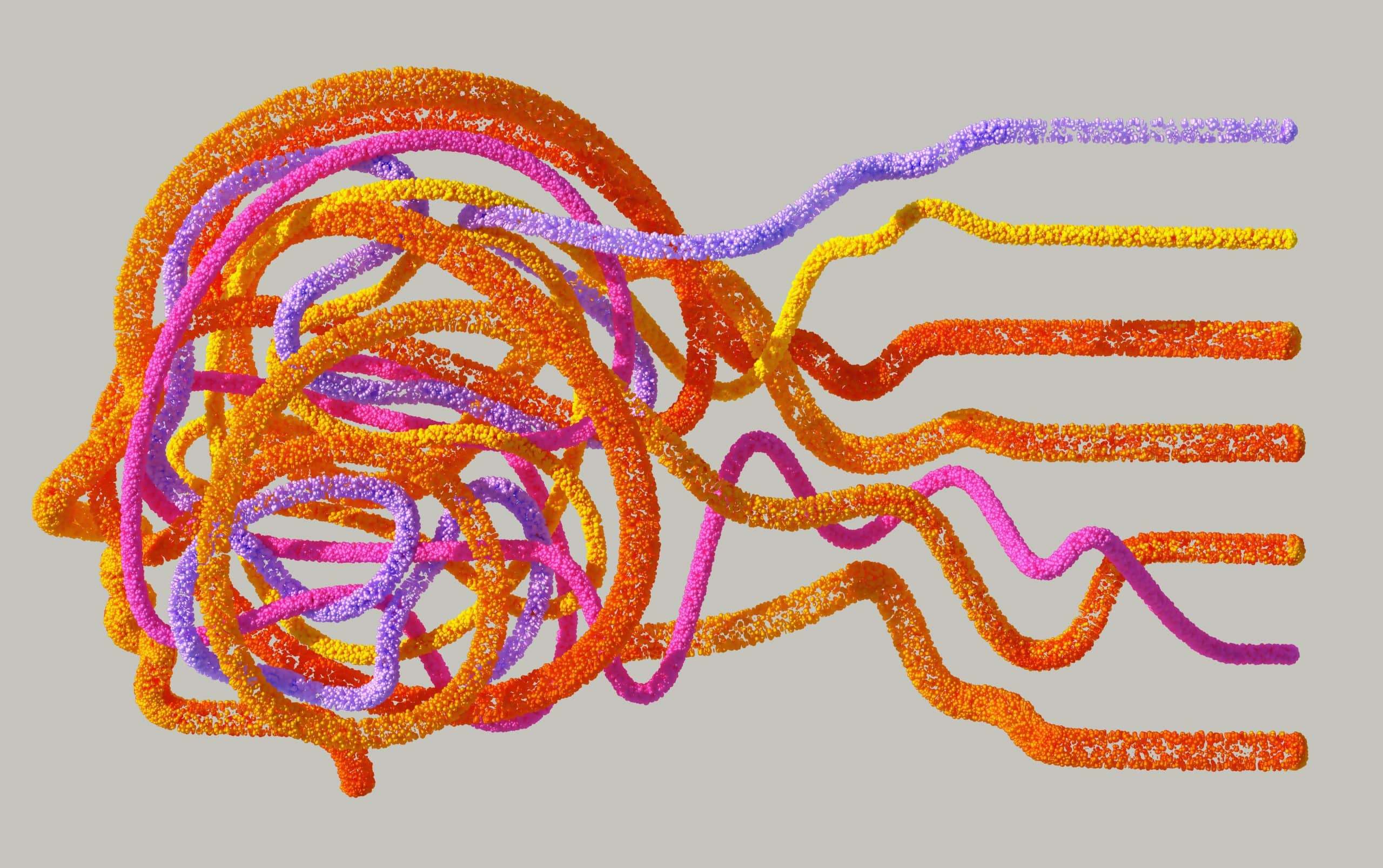Multiple Sclerosis (MS) is a chronic and debilitating autoimmune disease. It affects the central nervous system (CNS), comprising the brain and spinal cord. In MS, the immune system mistakenly attacks the protective covering of nerves called myelin sheath. This results in a disruption in communication between the brain and the rest of the body. The effects of this disease on the nervous system are widespread. Depending on the affected CNS areas, it can also vary from person to person.
The Role of Myelin in the Nervous System
Understanding the role of myelin is important in understanding how MS affects the nervous system. Myelin is a fatty protective covering for nerve fibers. This substance allows electrical impulses to transmit quickly and efficiently along the nerves, which is very important for movement and sensory functions.
The immune system mistakenly sees myelin as a foreign substance in people with multiple sclerosis. It begins to attack the myelin, forming multiple scar tissues (sclerosis). The myelin damage causes nerve signals to slow down or get completely blocked. This eventually leads to different symptoms that can affect various body parts.
Types of Multiple Sclerosis

Multiple sclerosis is a highly variable condition with different patterns of disease progression. Based on how it develops and progresses over time, it is classified into several types. Let’s look at the main types of multiple sclerosis and how they progress.
Relapsing-Remitting Multiple Sclerosis
This is the most common form of multiple sclerosis. In relapsing-remitting multiple sclerosis, patients often experience periods of remission. This period of disease inactivity may last for weeks, months, or even years. Afterward, there is an onset of another attack, followed again by a period of inactivity.
Secondary Progressive Multiple Sclerosis
In this stage, Relapsing-remitting multiple sclerosis evolves into a steadily worsening condition. Patients experience steady symptoms, and there are barely any periods of remission. Over time, their functioning begins to deteriorate as nerve damage becomes more significant.
Primary Progressive Multiple Sclerosis
This type of multiple sclerosis is less common but more severe. It presents with progressively worsening symptoms from the beginning. However, there are no noticeable acute attacks or remissions.
Symptoms and Effects on the Nervous System
Multiple sclerosis symptoms differ depending on what parts of the nervous system are affected. Some of the most common symptoms are:
Muscle Weakness
Patients with multiple sclerosis often experience muscle weakness, stiffness, and spasms. This is because the nerves controlling these muscles have been damaged. These symptoms make it hard for sufferers to walk or perform motor skills.
Vision Problems
It is normal for MS patients to have vision problems, as the disease can affect the optic nerve. It causes inflammation, which results in blurred vision and pain with eye movement. Also, temporary vision loss, which is often one of the first signs, could occur.
Loss of Coordination and Balance
The cerebellum and brain stem are responsible for coordination and balance. Multiple sclerosis is a brain disease so that these parts can be affected. Consequently, damage results in tremors, dizziness, and difficulty walking.
Fatigue
One of the most draining symptoms of multiple sclerosis is fatigue. Studies show that there is an onset of fatigue when the nerve signals are disrupted. This is due to the increased effort the brain and muscles require to function.
Cognitive Impairment
Multiple sclerosis can cause lesions in parts of the brain. This can lead to difficulty paying attention and solving problems and memory loss. Over the years, patients with multiple sclerosis have also reported having brain fog.
How Is MS Diagnosed and Treated?
Diagnosing multiple sclerosis is done by combining medical history and neurological examinations. Also, doctors may recommend MRI scans of the brain and spinal cord. A spinal tap is sometimes conducted to obtain and examine the cerebrospinal fluid. As for treatment, sadly, there is no cure for multiple sclerosis.
However, some treatments can manage symptoms, reduce relapses, and slow disease progression. Common treatments include medication like corticosteroids, which help suppress the immune system and reduce inflammation. Rehabilitation therapies are also highly recommended.
Conclusion
Multiple sclerosis is complex and typically affects the nervous system. The impact on the body depends on which nerves are damaged. While treatments can improve the quality of life, research is still ongoing to find a cure. Understanding MS and its effects on the nervous system is essential for proper patient care.
Disclaimer: This article is intended simply to provide information. It does not replace the medical advice of a physician. Please speak with your doctor if you have any questions or concerns.









